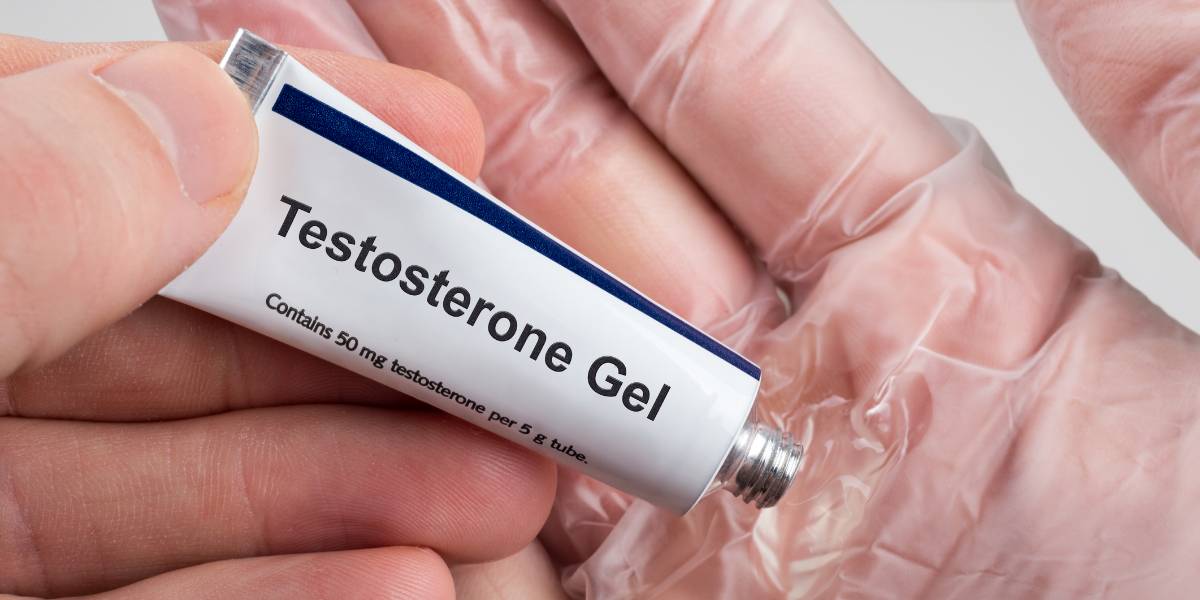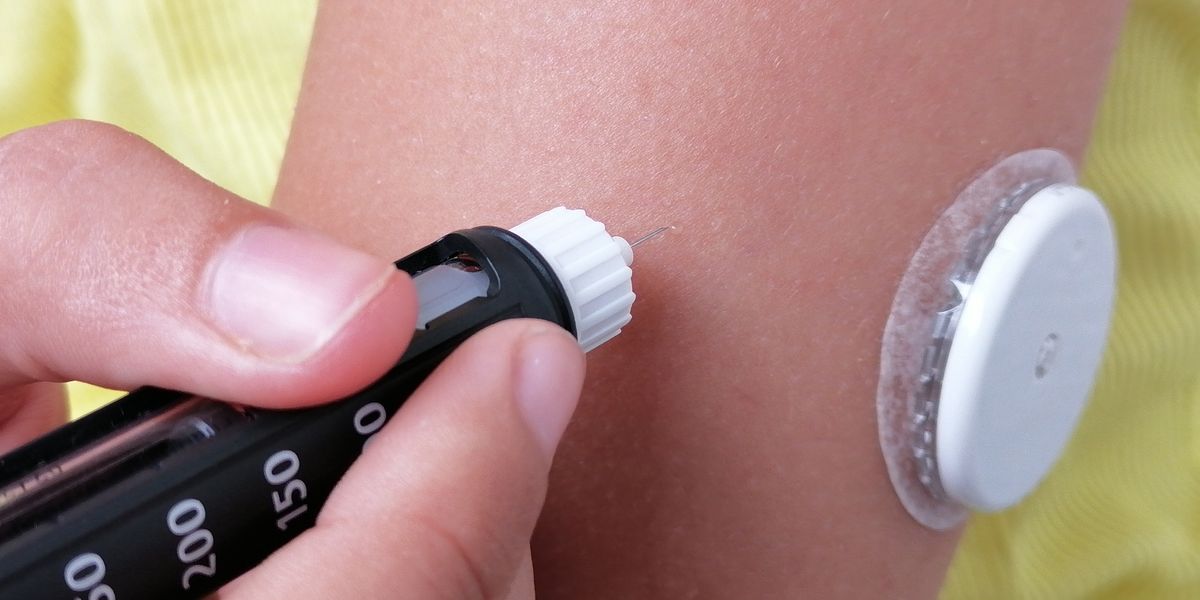New evidence has indicated that men with type 2 diabetes can better manage their blood glucose levels by undergoing testosterone replacement therapy (TRT).
Latest research presented at the European Association for the Study of Diabetes (EASD) meeting in Hamburg shows that TRT can also trigger weight loss among men.
Previous studies have revealed that roughly 40% of men with type 2 diabetes have low testosterone levels.
Men with low testosterone levels are at risk of cognitive complications, fatigue, erectile dysfunction and a low libido, evidence suggests.
- Study finds link between keto diet and lowered testosterone levels in women with polycystic ovary syndrome
- COVID-19 hospitalisations ‘more common’ amongst men with low testosterone levels
- COVID-19 found to lower testosterone levels
According to Professor Hugh Jones, testosterone gel or injections can reduce blood glucose in men by seven per cent after three months and 21% after two years.
He said: “Some men who have a genetic condition which causes low testosterone are more likely to develop type 2 diabetes.
“Low levels of the hormone can cause men to put on weight – particularly around the internal organs – which we also know is directly linked to the condition.”
He added: “Replacing the testosterone seems to counteract this effect. There’s evidence it can improve insulin resistance, cholesterol, obesity and even mortality, while also improving quality of life and sexual function.
“But most diabetes experts haven’t even heard of the association between testosterone and diabetes.”
Findings from an Australian study in 2021 have reported that TRT prevented men with low testosterone and prediabetes from going on to develop type 2 diabetes.
“It could potentially be used to prevent diabetes, and in people with type 2 diabetes who are reliant on insulin – the most serious cases – using testosterone has allowed some men to reduce the amount of insulin they need,” said Professor Jones.
Other research at EASD has suggested that weight loss injections can also be beneficial for your heart.
- High or low levels of ‘good’ cholesterol linked to increased dementia risk
- New weight loss treatment option targeting brown fat identified
- Insomnia symptoms linked to greater risk of high blood pressure among women
Specialists have found that the weight loss jabs Ozempic and Mounjaro can combat the development of chronic kidney disease, fatty liver disease and heart failure.
In addition, Ozempic reduces an indiviudal’s risk of having a heart attack or stroke by 20%, research has claimed.
Professor Naveed Sattar, from the University of Glasgow, said: “The smart thinking is that it’s the very rapid weight loss which triggers a cascade of other benefits.
“However, there’s still a debate. The effect of semaglutide on heart failure, for example, may be largely due to the weight loss, but as the drug also interacts directly with the heart and blood vessels, there may be other effects. There’s still a direct effect of these drugs we don’t yet understand.”
People regularly exposed to sunlight are also more likely to have better blood sugar levels than those not often out in the sun, research presented at EASD has revealed.
Academics from the Netherlands and Switzerland are encouraging people with type 2 diabetes to spend more time outdoors as frequent exposure to daylight can also improve metabolism.
People with type 2 diabetes took part in the experiment and were either exposed to natural sunlight or artificial lighting. All of the participants followed the same diet and exercise regime during the trial.
Academic Ivo Habets said: “We’d previously shown that people at higher risk of type 2 diabetes are less able to make this switch.
- Reversing type 2 diabetes
- Reversing diabetes complications
- Man puts type 2 diabetes into remission 23 years since diagnosis
“We wanted to find out if exposure to natural light would make this switch over easier in people who already have diabetes.”
The results show that the blood glucose levels of the participants exposed to daylight remained within a normal range for a longer period of time compared to those exposed to artificial lighting.
Additionally, the findings have reported that natural light made it easier to switch to fat as an energy source at night.
Habets said: “If you work in an office with almost no exposure to natural light, it will have an impact on your metabolism and your risk or control of type 2 diabetes, so try to get as much daylight as possible and, ideally, get outdoors when you can.
“Further research is still needed to determine the extent to which artificial light affects metabolism and the amount of time that needs be spent in natural light or outdoors to compensate for this.”






